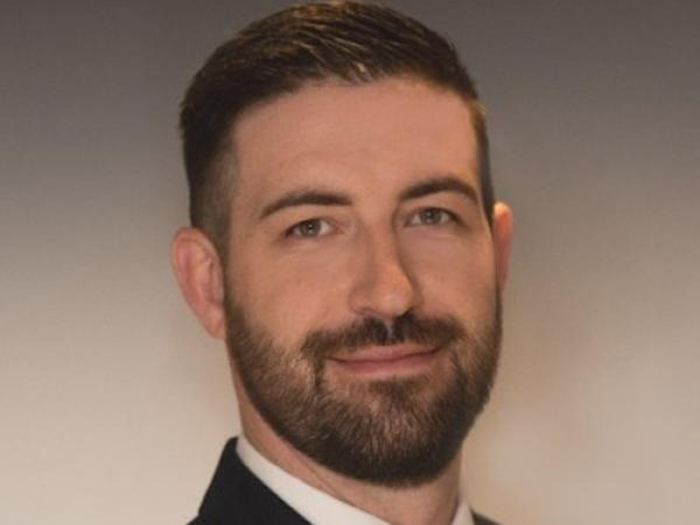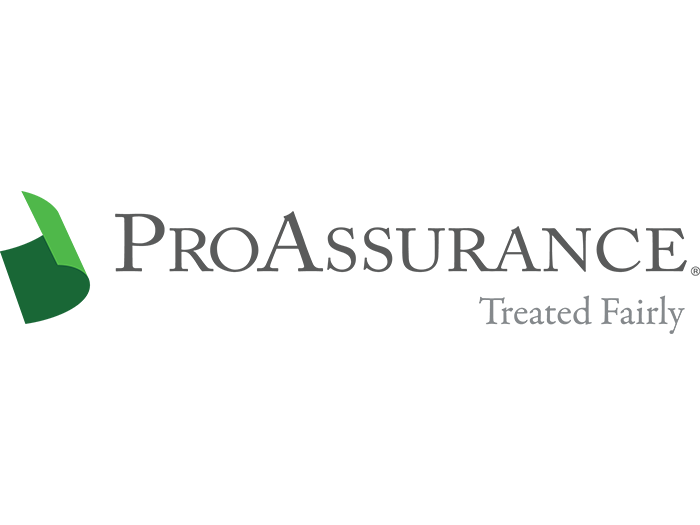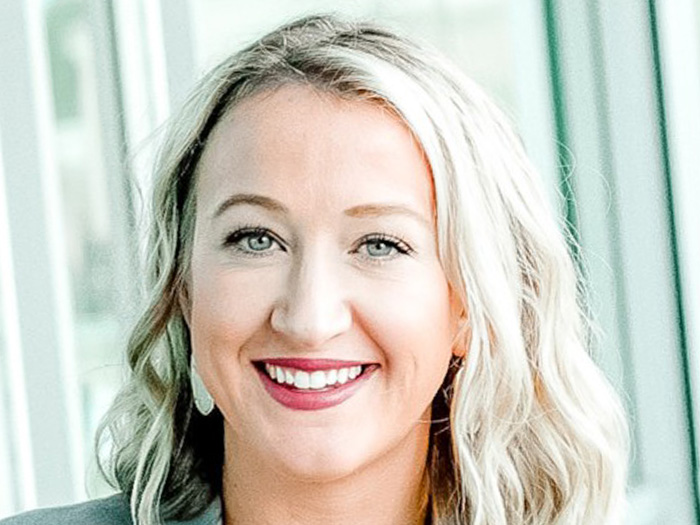Sun Ministries’ Struggle to Insure Across State Lines Illuminates a Wide-Ranging Issue for Nonprofit Organizations

A nonprofit organization’s quest to find affordable and adequate commercial insurance coverage is no easy feat, which is why Nonprofits Insurance Alliance (NIA) was founded.
In this series, Risk & Insurance®, in collaboration with NIA, spoke to five nonprofit organizations, all with unordinary risk profiles and inspiring stories, to discuss the hurdles that come along with securing necessary coverage at an acceptable price.
This installment features Sun Ministries, a Christian not-for-profit organization, and its executive director Dr. Terry Goodwin.
Getting to Know Sun Ministries
“We do whatever is needed in the area — that’s what we focus on.”
These are the words Goodwin used when asked about Sun Ministries and its mission. And while the actual initiatives of the organization are not as broad as Goodwin’s statement, it speaks to the simplistic, benevolent nature of not just Sun Ministries but all nonprofit organizations.
More specifically, Sun Ministries employs missionaries based in North St. Louis, Missouri to serve the immediate communities and populations in a variety of ways.
“Once [missionaries] are located, they act like a community development organization,” Goodwin noted.
It’s then that missionaries will evaluate the specific area they are located within to determine the most pressing issues that need addressing. Work has ranged from the overseeing of social enterprises to create employment opportunities to deploying missionaries as virtual volunteers to speak with widows in the area.
“[Volunteers] will call a list of six to ten widows each week, some have multi-hour conversations,” Goodwin explained. “They’re checking on them, seeing what they need.”
The functions and acts of service performed by the Sun Ministries’ missionaries are vast, but when it comes to determining how its services may be needed, the process is simple: “We assess the situation on the ground,” Goodwin said.
A Myriad of Risks
When asked about the risks and exposures associated with Sun Ministries, Goodwin remarked, “We’re probably the poster child for difficult insurance.”
Perhaps Sun Ministries’ most difficult quality is the actual places its missionaries serve in. Because the needs of the communities it serves are so varied, the risks and exposures associated with Sun Ministries’ work are determined by the specific location in which it takes place. Many times, risks would manifest in accordance with state law.
For example, Goodwin noted a hurdle when trying to help residents in North St. Louis obtain drivers licenses, something that would make it easier for them to become employed. However, Missouri law states that a resident can only secure a license if said resident has access to a vehicle that has both passed inspection and is properly insured. Because of this regulation, Sun Ministries has allowed members of its community to utilize organization vehicles to take and pass their road tests.
“That’s a huge exposure for us,” Goodwin said.
He continued, “[Securing] property [insurance] is an issue, because we’re in the areas that no one wants to insure.”
In addition, Goodwin noted that the overall make-up of Sun Ministries produces its own complexities, especially when looking to market themselves to insurers.
“Having a not-for-profit that is running social enterprises is another problem, being able to insure those as part of the operation,” he said. “It’s complicated for insurance companies to look at us and figure out which hole to put us into.”
That is, until Goodwin became familiar with NIA.
NIA to the Rescue, but Foundational Hurdles Remain
When Goodwin and his wife founded Sun Ministries, the organization was based in the suburbs of Missouri. It was only when Goodwin felt called to relocate Sun Ministries to the North Side of St. Louis, an area with a much higher rate of crime and violence, that insurance companies began to pull back coverage options.
Goodwin went to several insurance carriers looking for coverage, but the location of Sun Ministries’ operations left him without as much as a premium quote. Goodwin had exercised any and every viable option but was left without coverage.
But through a connection with a Sun Ministries supporter, Goodwin was able to learn about Nonprofits Insurance Alliance. Goodwin recalled how surprised he was when after just one phone call, the alliance assured him that it would provide the necessary coverage for Sun Ministries.
“I was immediately shocked,” he said. “I told them all of our [exposures] and said, ‘Are you sure?’
“They’ve been writing our insurance ever since, and [even though] we’ve gotten more complicated as time has gone on, they have been fantastically responsive.”
The complications mentioned by Goodwin include the organization’s expansion of services, specifically into neighboring Oklahoma. Various regulations from the Risk Retention Act and the Liability Risk Retention Act make it difficult for NIA to insure Sun Ministries in the state.
“[NIA] is working to get Congress to amend existing law through the Nonprofit Property Protection Act (NPPA), which would authorize certain risk retention groups to write property insurance as well as liability insurance,” said Pamela Davis, founder and CEO of NIA. At the time of this interview, the NPPA had not been passed. Currently, NIA continues to be unable to assist Sun Ministries with its property needs in Oklahoma.
Risks will vary from state to state: For example, a critical exposure in Oklahoma is the high probability of a tornado occurring. Without the insurance coverage the organization needs on those sites, Goodwin holds his breath every time a tornado warning is issued.
Federal regulations, such as the ones mentioned above, create hardship for nonprofit organizations, such as Sun Ministries.
“Sometimes I feel as though these rules are hindering us from moving into new areas,” Goodwin said. “All we want to do is move into areas where nobody else wants to be, I don’t know why we have to be stopped from doing that.”
“[Every] nonprofit is meeting community needs in very original, important ways,” Davis said. “But insurance operations work best when insured risk is easily quantified — when organizations are more cookie cutter. But even small nonprofits can be complex to underwrite even though they generate small premiums.”
Despite the difficulties, Goodwin vowed to continue serving those who need Sun Ministries’ help, with or without coverage.
A Unique Story, an Issue at Large
What we’ve seen with Sun Ministries, its inability to secure property insurance coverage in various states, is not an issue that has plagued only this nonprofit. Unfortunately, this problem extends far beyond Sun Ministries’ reach.
“This issue of RRGs for nonprofits not being able to write property is impacting the ability of nonprofits to get their work done,” Davis said. “Bottom line, insurance industry opposition to the NPPA is hurting nonprofits.” &










